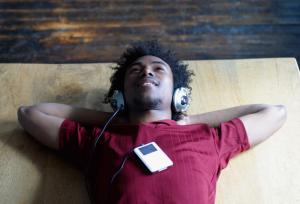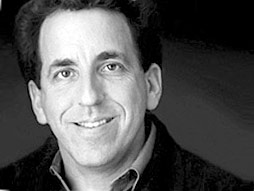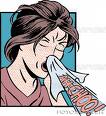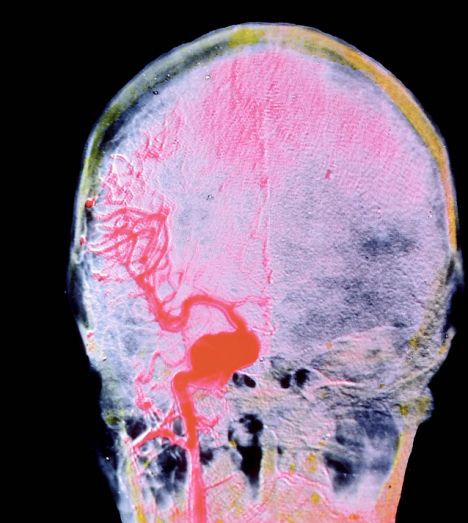
Welcome to the ezine produced by SGI Buddhists that prompts the positive, kindles the constructive, highlights the hopeful and leaves you feeling - well, up!


New research is proving that music has a powerful healing effect, helping with a range of conditions from high blood pressure to acute pain.
A surgeon in Hawaii recently tested the effects of playing the piano while his patients were prepared for surgery, monitoring changes in vital signs such as heart and breathing rates. While teams of researchers around the world have conducted numerous experiments to record the different effects of music on our health, finding that certain types of music affect hormone production and can boost the immune system.

A pioneer in preventative medicine, Dr Dean Ornish, Professor of Medicine at the
He founded the Preventative Medicine Research Institute, where his current research shows that changes in lifestyle affect gene expression, "turning on" disease-preventing genes and "turning off" genes that promote disease. He argues that our natural state as humans is to be happy, healthy and peaceful, with our bodies possessing a remarkable capacity to heal.
 It’s that time of year when people start to sniff and sneeze, as colds and winter chills make the rounds in families, workplaces and schools.
It’s that time of year when people start to sniff and sneeze, as colds and winter chills make the rounds in families, workplaces and schools.
The average adult is likely to catch two to five colds a year, with children and young babies being even more susceptible. Professor Ron Eccles, Director of the Common Cold Research Centre at Cardiff University, gives some helpful thoughts and information on how to reduce our chances of being laid low.

It’s a common misconception that as we get older, our brain cells gradually diminish. In fact, scientists now say that the opposite is true.
The more we use our brain, it literally grows more cells, becoming larger, sharper and more active. It is possible to boost and improve our mental functions at any age, and also to develop new skills.
READ MORE

In a recent interview, Daniel Radcliffe talked about his experience of living with dyspraxia, sometimes dismissively called 'clumsy child syndrome'.
The condition, which results from a complex neurological disorder, causes problems with coordination and simple tasks. However, it is regularly misunderstood, and sufferers are often stigmatised as being lazy or clumsy.

A stroke can happen to anyone – at any age – and is the second leading cause of death in the Western world, writes Louise Ellis
Those who do survive a stroke, caused by arteries supplying blood to the brain becoming blocked or ruptured, are left with a frightening loss of body functioning and often partial paralysis. Figures show that only 10% of sufferers will make a full recovery.
Dr Martin Stephen, headmaster of

Gone are the days when chocolate was regarded as just another food baddie, to be avoided along with sweets, crisps and fizzy drinks.

